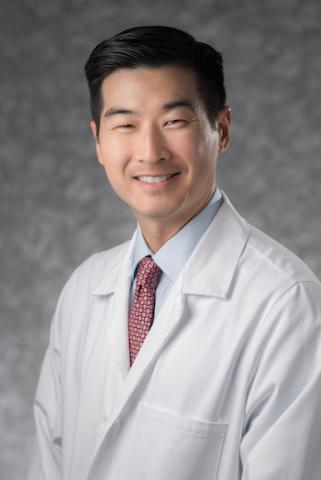
More than 30 million Americans smoke cigarettes, and nearly 500,000 die from smoking-related illnesses each year, according to the Centers for Disease Control and Prevention. Using tobacco via smoking, vaping or chewing has health consequences throughout the body, making it a concern for all providers, including the team at the Department of Otolaryngology – Head and Neck Surgery at the University of California, San Francisco (UCSF OHNS).
Coming up this week is the Great American Smokeout, an annual event in November to encourage smokers to start living smoke-free — which is one of the most important actions someone can take to improve their health. To recognize the importance of the day, we asked UCSF OHNS's Dr. Patrick Ha, a professor and the Chief of Head and Neck Oncologic Surgery, a few important and common questions about the relationship between the specialty of OHNS and smoking.
What is the connection between smoking and head and neck cancer?
"There is a strong connection between smoking and head and neck cancer — the risk of developing cancer of the throat goes up by as much as 10-fold compared to patients who don't smoke."
What about the connection between smoking and the broader OHNS specialty?
"There are numerous other complaints that can be attributed to smoking, from sinus disease to general throat complaints, not to mention the ill effects second-hand smoke can have on children or other household members. For these reasons, we counsel all of our patients to stop smoking and have many resources, like the Fontana Center, to aid in these efforts."
What should providers know about smoking and tobacco cessation to improve their patient care?
"It is challenging to break the habit — nicotine is one of the most addictive substances known. Understanding how to partner with patients and empower them to manage their addiction is important. Furthermore, we often have a longitudinal relationship with our patients, so it is also important to be persistent."
Why is it important for all providers to be familiar with tobacco cessation methods?
"Helping a patient stop smoking is perhaps one of the best things we can do to improve their longevity and quality of life. It is a significant part of healthcare, and anything that we can do to help influence patients is an important part of any visit."
To learn about our services at the Fontana Tobacco Treatment Center, visit the webpage here. Visit the UCSF OHNS blog to read recent news and research from the department.




